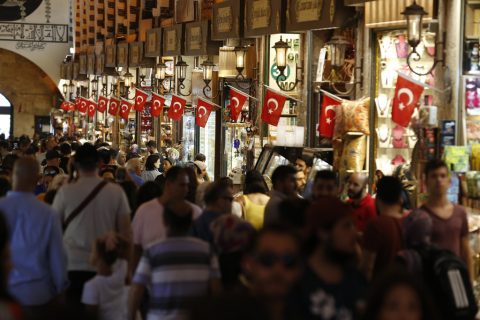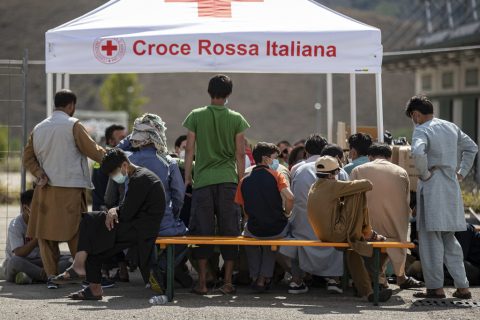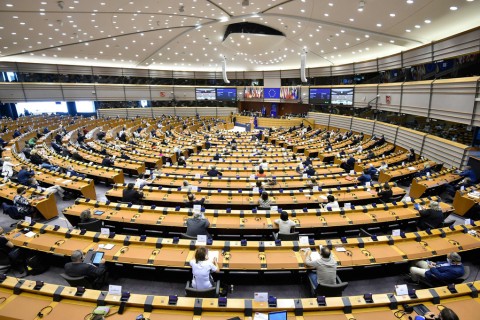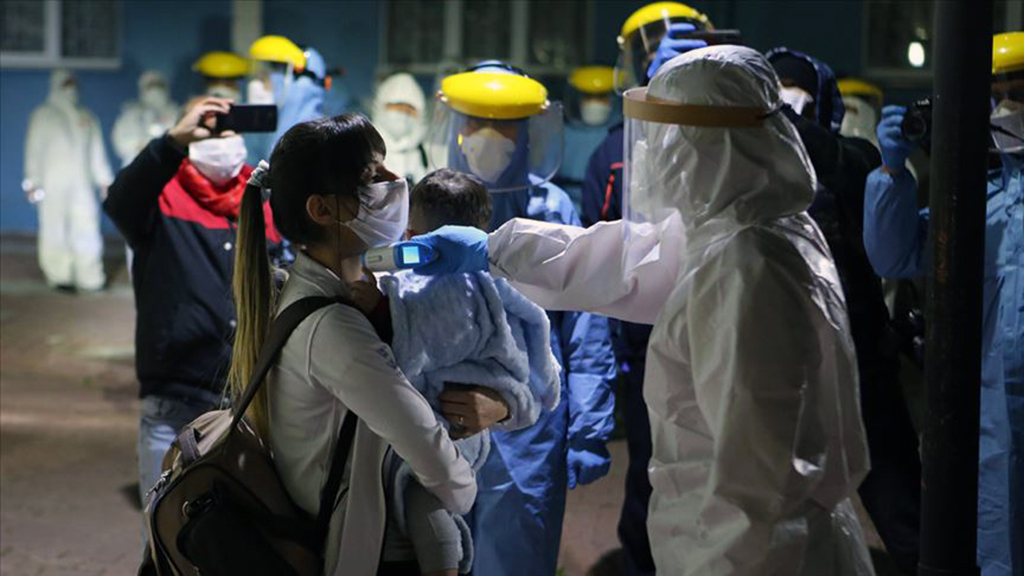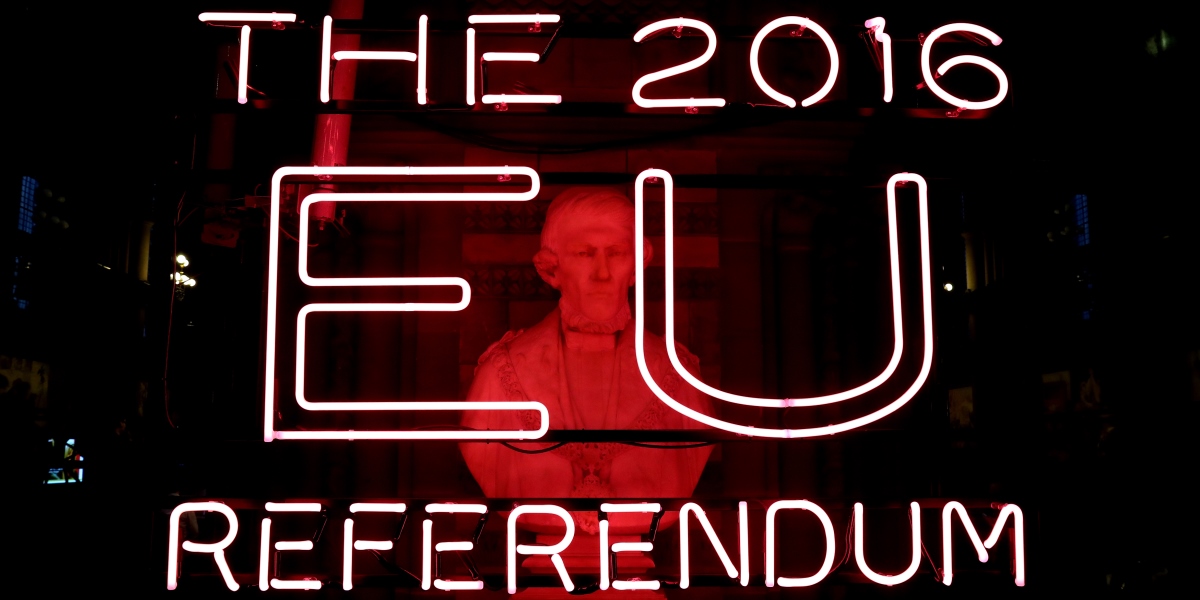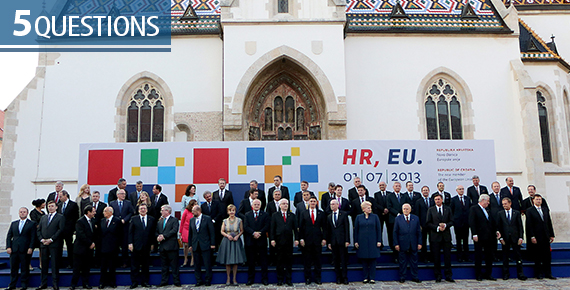2008 Global Financial Crisis

Silicon Valley Bank: Lessons from California-centered banking tremor
| Opinion2022 will be remembered as the year of uncertainties due to a global tightening cycle …
-
Opinion
Hovering economic policies of the political movements in Türkiye
By Bilal BağışFollowing the global financial crisis of 2008, liberal ideology was deeply wounded. The Keynesian ideology, arguing that governments should intervene where necessary (for the public interest) and that institutions should work more effectively, began to gain more popularity. The pandemic of 2020 (and the weaker position of capital) also strengthened this transformation. In emerging economies such as Türkiye and developed countries such as Japan, on the other hand, development policies, public stimulatory interventions and more independent policies came to prominence.
-
Opinion
Can EU formulate an autonomous policy in Afghanistan?
By Talha KöseThe United States and the European Union do not share the same views on Afghanistan. In the midst of a new crisis, Europe needs more autonomous foreign policy planning and implementation
-
Opinion
EU should not join Greek-French bandwagon in East Mediterranean
By Talha KöseThe Special European Council's meeting in Brussels on the single market, digital transformation and the European Union's industrial policy was postponed following council head Charles Mitchell's decision to go into isolation due to the coronavirus.
Bu Konuda Daha Fazla
-
Social scientists’ agenda for post-coronavirus world
By Talha KöseSocial scientists, think tank experts and policymakers are trying to grasp how the coronavirus pandemic and the transformations that may occur in its aftermath will influence life all around the world. Medical experts and scientists in various disciplines of natural sciences are trying to find a remedy for the novel coronavirus. In particular, the medical staff who are struggling ceaselessly to save people’s lives in overcrowded hospitals are the new heroes of our time. They are currently at the front lines of the struggle against COVID-19; however, once the virus' spread is brought under control, the focus will shift to the more complicated consequences of the pandemic. There will be a whole new research agenda for social scientists and policy researchers.
-
Turkey Is the Biggest Test for the EU Project
By Fahrettin AltunThe EU's systematic search to keep Turkey outside is shrinking Europe and putting the European Union project into a crisis
-
5 Questions: Croatia’s EU Membership
By Mehmet Uğur EkinciCroatia has officially become the 28th member state of the European Union on 1 July, 2013. Croatias membership to the European Union will probably pave the way for numerous political and economic developments and changes in the Balkans.
